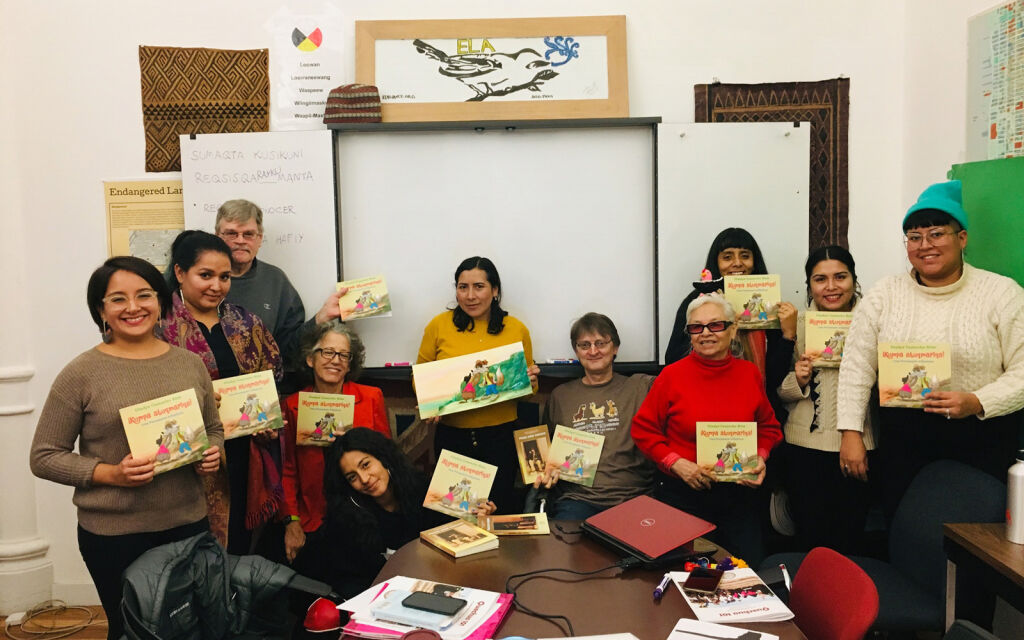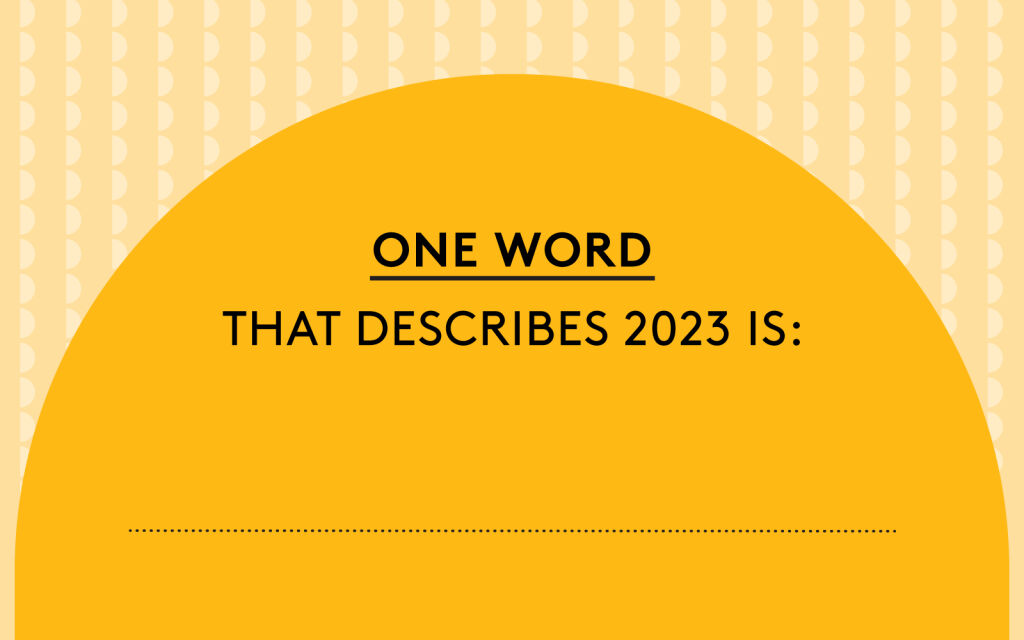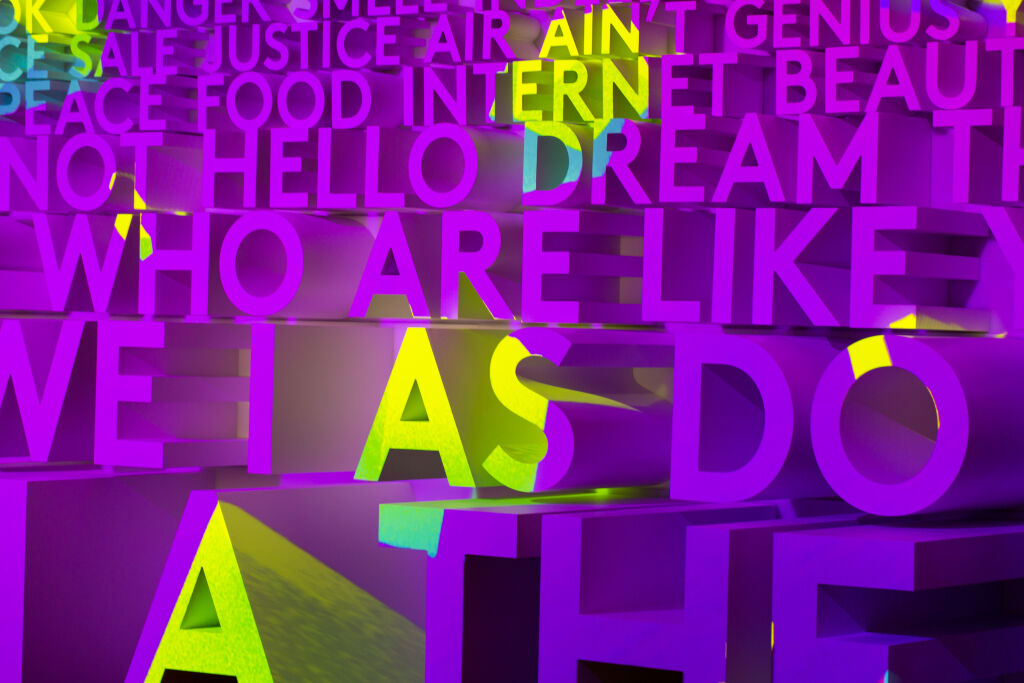How to Spell S-U-C-C-E-S-S: Q&A with National Spelling Bee Champ Molly Baker
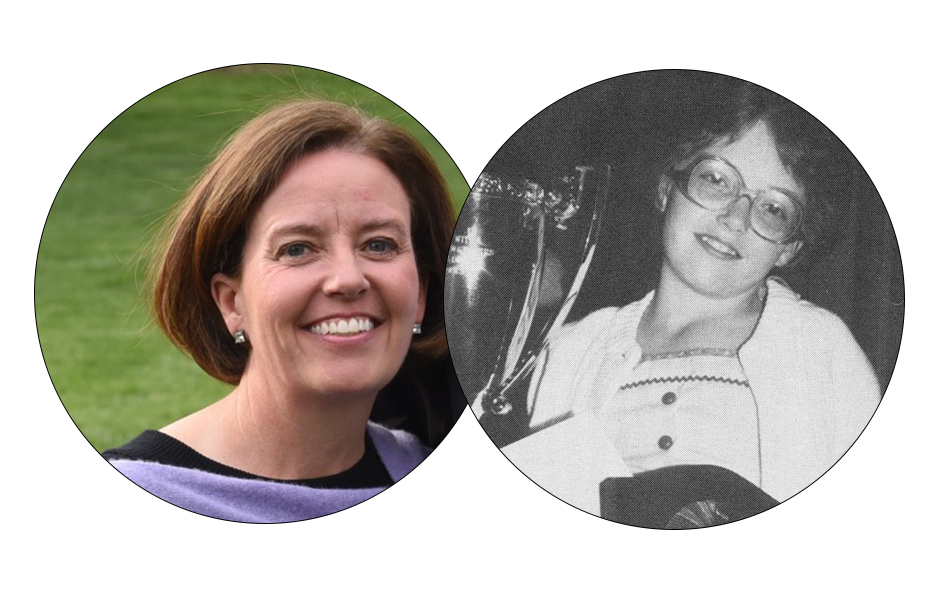
Left: Molly Dieveney Baker in 2018. Right: Molly in 1982 with her National Spelling Bee trophy.
During the last week of May, 519 young spellers will gather in Washington, D.C., for the ultimate test of their skills: the National Spelling Bee. These elementary and middle school students will spell their way through three rounds of words to reach the final, which will appear live on ESPN on Thursday night.
But how did they get here? What does it take to go from a small, school-wide spelling bee all the way to a national stage? We talked to someone who’s been in these young spellers’ shoes — 1982 National Spelling Bee winner Molly (Dieveney) Baker —about this iconic competition and the love of words that it fosters.
Q: How did you first get involved with the Spelling Bee?
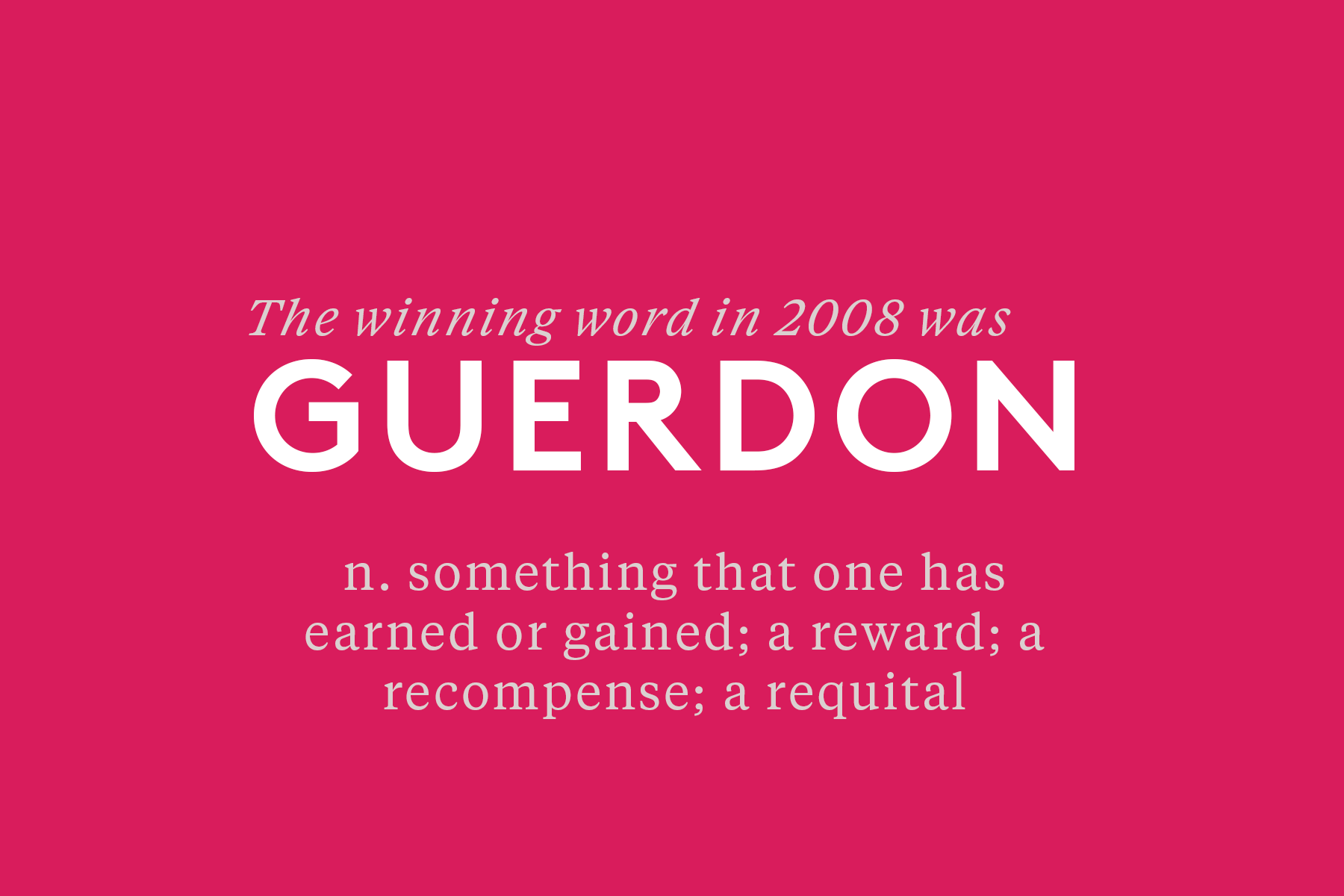
A: It would have been back in about 1980. My neighbor across the street from me had won the National Spelling Bee, so I got to stay home from school watching him on television on the Today Show. I always thought I wanted to be on television or in the movies or something, and I thought, this would be great! This was an easy way to get on TV just like he did — you just have to win the National Spelling Bee.
His mother, who was a fabulous woman, agreed to help coach me. I would walk to her house a couple days a week after school and study spelling, like kids go to piano practice or soccer practice. And she was fantastic. Obviously, I discovered that winning the National Spelling Bee would not really be a direct path to Hollywood, which was just fine. But that’s how I got into it.
Q: What does a spelling practice look like?
A: Have you seen the movie Akeelah and the Bee? It’s actually really similar to that, where your whole community takes part. You can study a little bit yourself, sure. But if you’re looking at the word, then you know how it’s spelled! And it’s not one of those things where you can do flashcards, read the definition, and guess the word and spell it, so you really need somebody else.
My coach and my mom were word people, and they were very organized. It was sort of the equivalent of the parents who go crazy for their kids in hockey or lacrosse or whatever it is. They get all the equipment, they get the backyard thing — you see them just get every gadget and accoutrement for their child’s future Olympic success.
So my mom had all these dictionaries. They would type up the lists with definitions and pronunciations. They really went about it properly and to give me the best tools, and it wasn’t just memorizing spelling. Because the more definitions you know, then that adds to other words that might come up. You learn the roots, you learn the derivations. They were very much into the whole spelling discipline rather than just straightforward memorization.
So she would quiz me on words, and we kept moving on to more difficult lists. She had these red pencils — she put a little red check next to the ones that I missed and I’d take those home and study them.
And then, like in that movie, other people would help out. My parents would each take turns, or a sibling, an aunt, people at school. But very quickly it gets to words they can’t pronounce, so that’s less helpful. I think for most kids it generally is a community effort. It has to be.
Q: What was the environment like when you got to the National Spelling Bee?
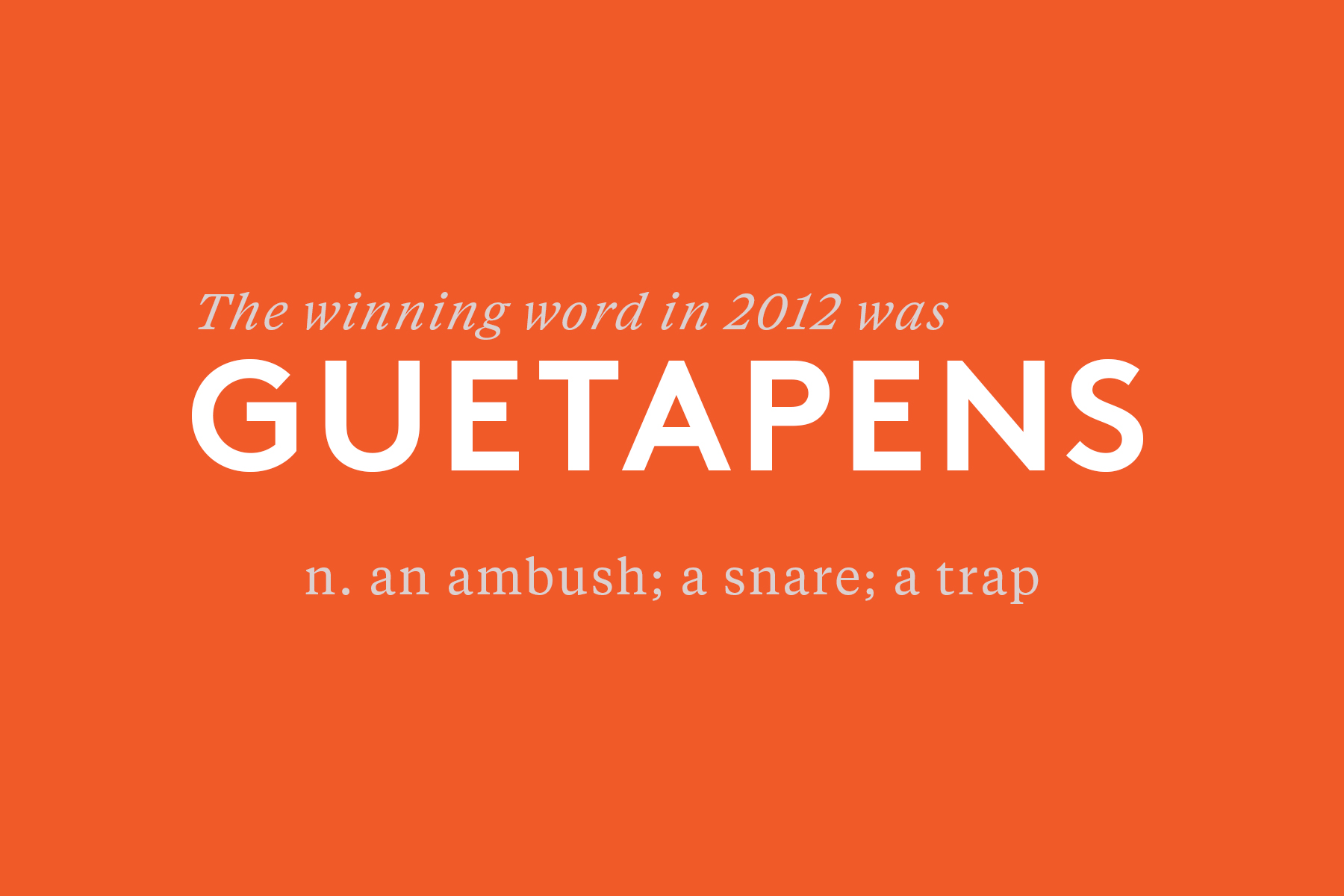
A: Scripps Howard does a great job, and they’ve always made it a Bee Week in Washington, D.C. They try just to make it fun and about having arrived, and not about the competition. There was a big picnic at Mount Vernon; there’s different sightseeing around DC. You got an autograph book when you checked in, and you try to collect kids from all the different states. A lot of families really try to say, “OK, you’re not here to study. You’ve arrived. Have fun — enjoy this.” I’m sure that plenty were in their rooms studying before the Bee. But like any big competition, the night before is kind of too late.
I think for a lot of Bee people, and for me, here were all these kids who were interested in words or reading and thought that an academic competition was the most normal thing in the world. It was a fun group, because we were all nerdy together. Most people hadn’t experienced that yet.
Q: With spell check and cell phones, we’re asked to spell on our own a lot less. Do you think the significance of the Bee changes moving forward into the 21st century?
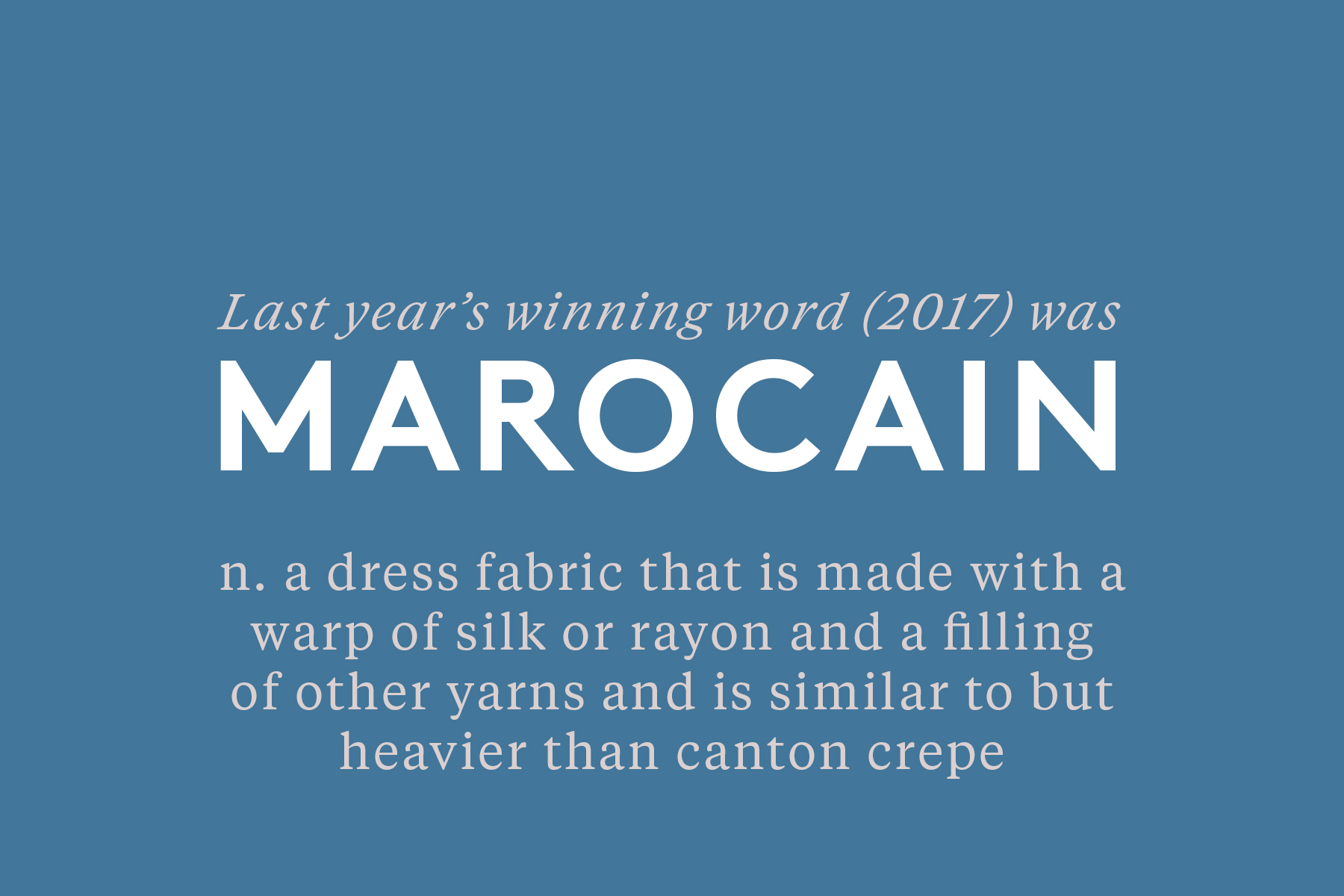
A: The words that were in the Spelling Bee, and especially now, are just not words that people use all the time. They’re not necessarily the words that spell check is picking up. And the people who are in the Spelling Bee and have chosen to pursue that, they’re not really relying on spell check anyway. And the people who spell check is constantly highlighting things in red…they were never destined for the Spelling Bee!
I certainly don’t think that spell check is going to cannibalize the Spelling Bee at all. That’s just a different class of words. And it is so much more about the competition than it is the actual words. Obviously, it’s the only competition for spelling. People can compete in debate or speech, oratory, and poetry, but this is really just single word spelling. There is something unique about that. People will continue to want to compete in it.
Q: You mentioned it’s like being an athlete, the way you train and the way you’re supposed to be disciplined.
A: I don’t want anyone to think I’m comparing spellers to elite athletes! But the process is the same, and pretty quickly you discover what it takes to compete at that level. It takes a child and a family to commit to discipline and practice. You watch a sport or a child playing a musical instrument — it’s pretty apparent when they level off. And it’s sort of the same thing. Fewer and fewer people can go on to the next level. But with spelling, it doesn’t take a lot of equipment or size or musical talent — but you do have to have some ability for it. And then, if you’re actually competing in the bees, you do have to have some stage presence and confidence. So then that comes into play, just like anybody competing at an elite level in music or sports or anything else.
Q: How do you think that intense focus on words influenced you moving forward?
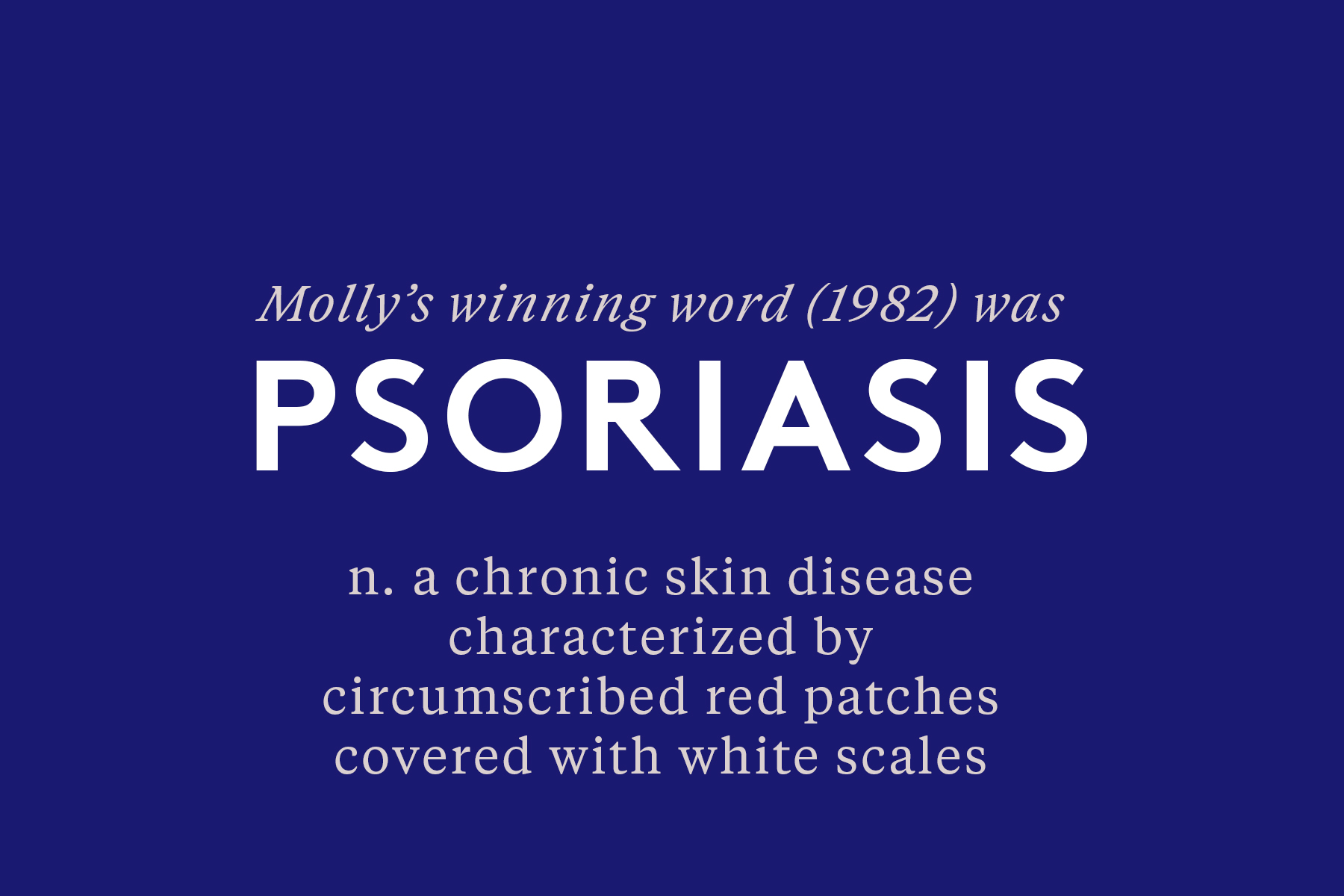
A: I think that it’s not necessarily a love of words early on that drives you to spelling, though I’m sure all of these people love to read. They’re bright young kids, so certainly an academic setting or competition is going to be more appealing to them anyway. If they have succeeded at a higher level in the Bee, especially if they went to the National Spelling Bee, then it becomes part of their history, and who they are, and something they’re good at, and hopefully part of their self-confidence.
The Spelling Bee is sponsored by newspapers, so you end up associating with people where words and stories have already been important to them. Often you stay in sort of a verbal track, which is not surprising. I know that a bunch of people went to newspapers and became reporters or writers, some teachers. The words and the Spelling Bee become part of your history. When word things come up, everybody turns to you.
It is just one of those funny things, the National Spelling Bee. It doesn’t go away, and that’s OK.
Q: Any advice for someone interested in competing or is supporting a child who wants to compete?
A: I would say that they have to be willing to be very disciplined. And that it takes a lot of hours of work. The words are much more difficult and obscure than they were before. Some people study medical dictionaries. Now you’ve got to be studying technical dictionaries and engineering. Now they’re allowing foreign words, but I think they still don’t allow proper names. The competition is so prepared that it’s not that they’re running out of words, but they’re having trouble raising the bar enough to determine the winner every year in the allotted TV time that they want to finish in.
You want to be going into it to learn about yourself and how much you can commit to something. I wouldn’t say to go into it because you think you’re going to win. Like anything else there’s plenty of luck involved. But it’s like playing a sport or playing an instrument; it’s a fantastic discipline to learn about yourself and acquire some skills along the way, not just spelling.
